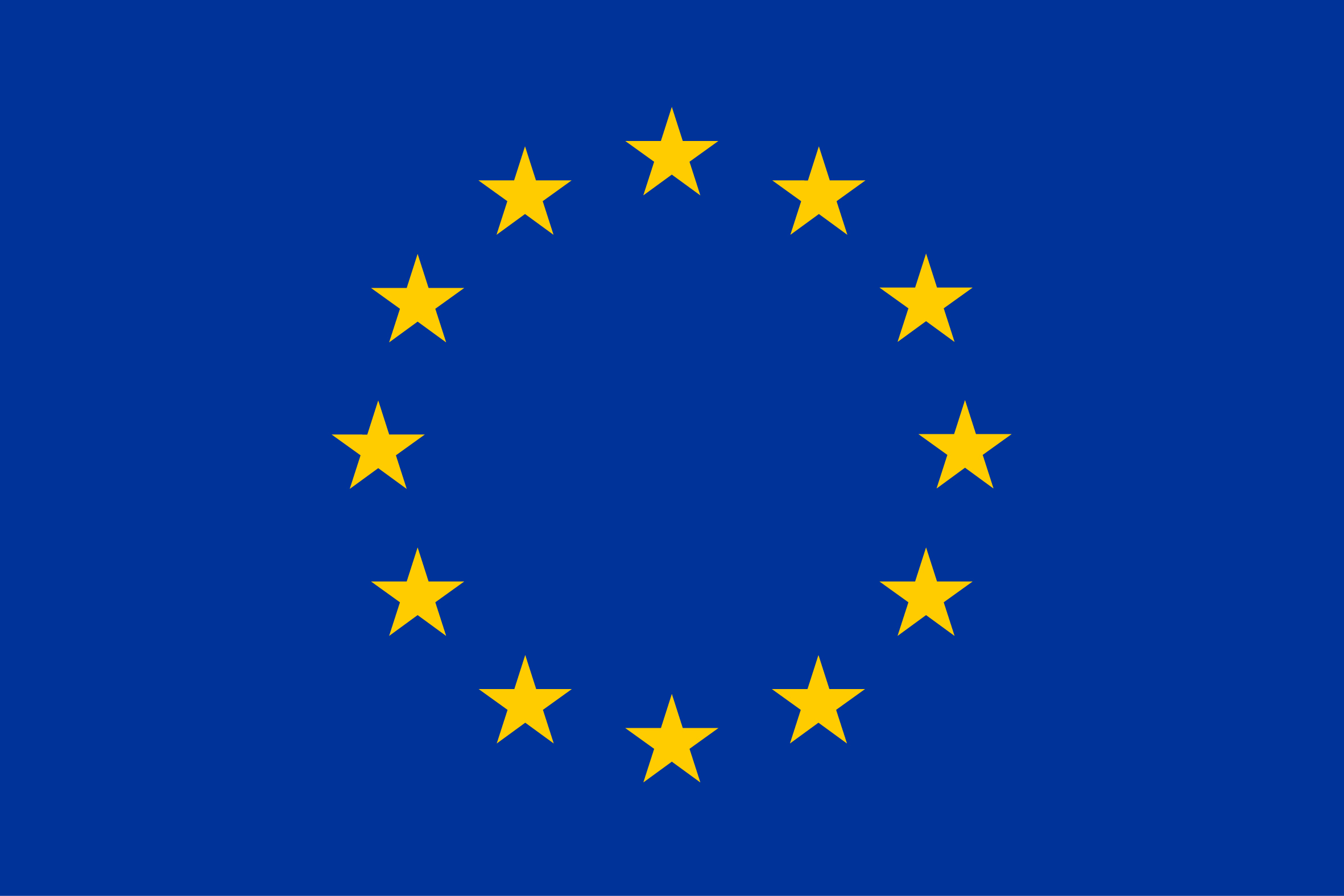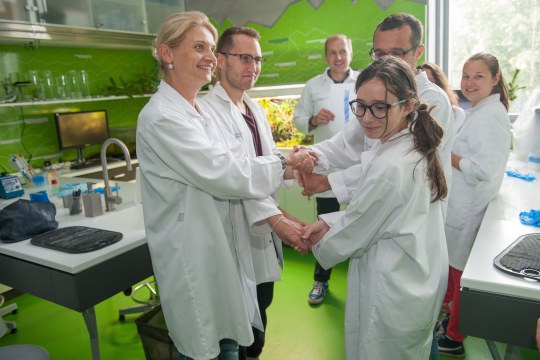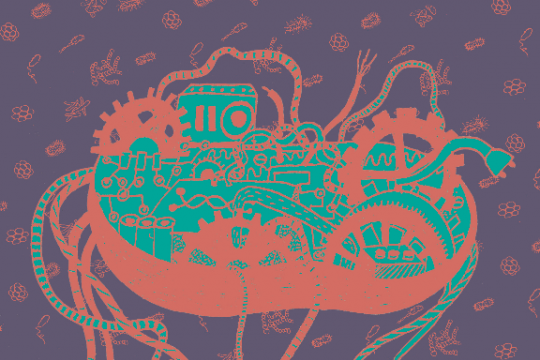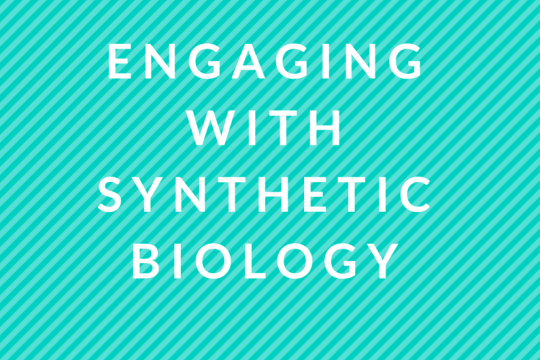Synthetic Biology – Engaging with New and Emerging Science and Technology in Responsible Governance of the Science and Society Relationship
SYNENERGENE was a four years long Mobilisation and Mutual Learning Action Plan addressing the present and future challenges related to the cooperation between Science and Society in the area of Synthetic Biology.
A constant mutual learning process
The project brought together stakeholders and the public in mutual learning processes, strengthening the European societal ecosystem for Responsible Research and Innovation in Synthetic Biology within a global context. Synthetic biology (SynBio) offers huge potential for applications in energy, health and the environment. It also brings with it various challenges such as regulatory issues of biosafety, biosecurity and intellectual property rights, as well as potential environmental and socio-economic risks in developing countries.
Establish an open dialogue between stakeholders
As yet, however, there is scant public knowledge about the technology. It is thus essential to establish an open dialogue between stakeholders concerning SynBio’s potential benefits and risks and to explore possibilities for its ‘collaborative shaping’ on the basis of public participation. SYNENERGENE organised a wide range of mobilisation and mutual learning processes relating to these challenges. Besides a number of well-established European and international networks, the consortium encompassed and mobilised a wide variety of stakeholders from science, industry, civil society, policy, education, art and other areas.
Foster RRI through public engagement
Learning processes contributed to a better understanding of SynBio research and innovation and to enhanced public engagement, while at the same time stimulating reflection on novel approaches to an inclusive governance framework that is capable of fostering responsible research and innovation (RRI). The processes involved citizens and specific audiences through well-established and innovative means of engagement, and supported the convergence of stakeholders and perspectives. Activities were structured around four platforms, highlighting SynBio’s future, public, cultural and research & innovation perspectives. The iterative mutual learning process within SYNENERGENE was open to change in order to accommodate the dynamics of an emergent field. By its approach, design and consortium, SYNENERGENE was a Science in Society activity with significant impact, raising public awareness of SynBio and yielding benefits for involved stakeholders, public discourse and European policy making in an international context.
Tangible benefits for all science engagement professionals
You only have a vague idea of what synthetic biology actually is? Find out more online and join discussion platforms open to all.
 The project has received funding from the European Union’s Horizon 2020 research and innovation programme under grant agreement No. 621488.
The project has received funding from the European Union’s Horizon 2020 research and innovation programme under grant agreement No. 621488.
List of project partners
- Karlsruher Institut fuer Technologie, Germany
- Oesterreichische Akademie der Wissenschaften, Austria
- University of Bristol, United Kingdom
- Université PARIS I Panthéon-Sorbonne, France
- Technische Universiteit Delft, Netherlands
- Syddansk Universitet, Denmark
- Koninklijke Nederlandse Akademie can Wetenschappen Knaw, Netherlands
- Universita Degli Studi Di Padova, Italy
- Universitaet Sklinikum Freiburg, Germany
- Biofaction KG Biofaction, Austria
- Vivagora, France
- Woodrow Wilson International Center for Scholars, United States
- Stichting VU-VUMC, Netherlands
- Zebralog GmbH & Co KG, Germany
- Eidgenossische Technische Hochschule Zurich, Switzerland
- Technische Universitaet Darmstadt, Germany
- De Vriend Hubrecht Cornelis, Netherlands
- Universiteit Utrecht, Netherlands
- Suomen Biotaiteen Seura Ry Foreningen For Biokonst I Finland
- Finnish Society of Bioart FBAS, Finland
- Ecsite, Belgium
- Genart AG, Germany
- L’Union Européenne des Associations de Journalistes Scientifiques, France
- Univerza V Ljubjani, Slovenia
- Hallstrom Anders Niclas, Sweden
- Stadt Freiburg, Germany
- Rowe Eugene John - Gene Rowe Evaluations, United Kingdom
- Universitetet I Bergen, Norway
- Action Group on Erosion Technology and Concentration Corporation, Canada
Resources
The Learning Platform contains materials about synthetic biology and its socio-scientific issues for teachers and science communication professionals who want to facilitate and support their publics in an open dialogue about this emerging science.
The brochure was co-produced by iGEM Team Warsaw (Aleksandra Bartosik, Marcin Ziemniak, Jakub Piatkowski) and the biological laboratory of the Copernicus Science Center
(Elżbieta Turek, Stanisław Łoboziak), within the SYNENERGENE program – Responsible Research and Innovation (RRI) in Synthetic Biology, This publication aims to popularize the knowledge about synthetic biology. This is a new fast-growing scientific discipline that was inspired by the idea of designing and creating artificial biological systems. They can be modeled on systems that occur in nature or built from the scratch using genetic engineering.
The toolkit aims at giving basic information, tips, and feedbacks about synthetic biology as a socio scientific issue and experiences held in the field of public engagement. At the end of the Synenergene project,the toolkit will synthesize and relate some ofthe experiences of science centres and museums involved in the organization of public activities on synthetic biology within the project.




